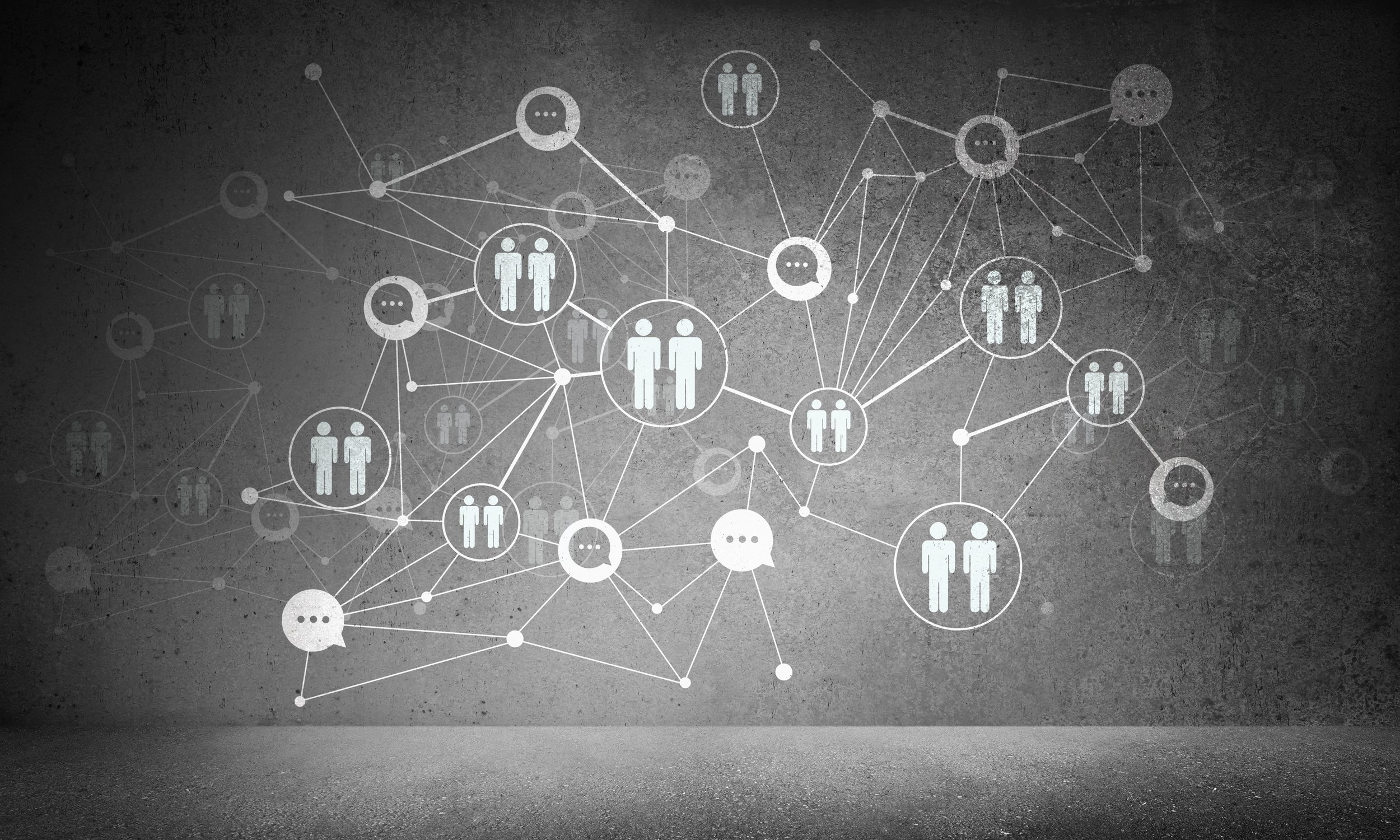
Welcome to The Hub.
Hub & Spoke was born out of a philosophy oriented around fostering agency of self, community with others, and empathy toward all.
The Hub of Hub & Spoke is the philosophy that informs the various Spokes, which serve as the tangible, outward expressions of the philosophy.
The three pillars of The Hub that guide the organization are Agency, Community, and Empathy (ACE).
Agency
Agency is an individual's belief in their capacity to make independent choices and take actions that can both shape their own lives and influence social structures around them rather than being solely determined by external social forces. The notion that people are active participants in society, not passive recipients of social structures and forces, is what drives Agency.
Regardless of our individual circumstances, we have the ability to move in ways that produce a desired outcome:
Make a Positive Impact
Affect Change
Achieve Autonomy and become the best version of ourselves
Each of us has to decide to walk the path and find the resilience to keep moving.
“Agency is neither attitude nor affect, neither blind acceptance nor a rejection of authority. It is a self-bestowal of the right to evaluate things freely and fully, and to choose based on authentic gut feelings, deferring to neither the world’s expectations nor the dictates of ingrained personal conditioning.”
- Dr. Gabor Maté
Community
Community is one of the greatest and most essential modern innovations to result from our evolutionary instincts to form tribes, which necessitate that individuals within a group share language, commitments, and participation. Though we all have Agency as individuals, we are stronger, smarter, and safer when we act as an organized group. To be clear, community is neither a means to an end nor a transactional mechanism to achieve a certain goal; rather, community is the goal. Community is about forming relationships, caring for others, and creating an environment in which everyone can thrive.
The main point of concern for tribes and thus communities is to not fall into the trappings of tribalism - i.e. identifying and supporting one’s own group at the expense of others. Instead, tribes should orient themselves around the concept of a Just Cause, which is a vision of an ideal future that inspires people and is the pursuit of a noble purpose. Tribes thrive in the presence of Just Causes, and Just Causes thrive in the presence of tribes, so it follows that tribalism is the antithesis of a Just Cause.
Consequently, the mission of and the invitation at Hub & Spoke is to create a tribe around the Just Cause of fostering Agency, Community, and Empathy.
We’re currently experiencing an epidemic of loneliness: families don’t “family,” friends aren’t friendly, communities don’t commune, and societies don’t socialize. Instead, we’re increasingly becoming atomized, spending vast amounts of time alone in front of screens, and devoting more and more of our resources and generosity to people selling us stuff. As a result, we’re missing out on opportunities to be generous with ourselves and with other - wait for it - real people.
Within a community, diversity of thought, experience, race, gender, socioeconomic status, and lived experience all expand our capacity for sympathy, empathy, and compassion, thus making us smarter, wiser, and more prepared for the inevitable changes, trials, and tribulations that life is all but certain to bring.
“The greatness of a community is most accurately measured by the compassionate actions of its members.”
- Coretta Scott King
Empathy
Empathy - the ability to understand and share the feelings of others - is the key to developing a tribe without devolving into tribalism, and is what opens us to evolve, grow, and work for a common good. A key attribute of empathy is that it allows us to become part of a larger system of feeling, thought, and behavior. Moreover, empathy serves as the critical bridge between sympathy (how one feels about something) and compassion (what one does as a result of their feelings).
Sympathy (How one feels):
Builds one’s sphere of concerns
Serves as the basis for gaining an understanding for the world
More passive, i.e. experiencing how you feel
Empathy (Understanding and feeling how others feel):
Builds one’s sphere of influence
Serves as the basis for taking action
More active, i.e. involves putting oneself in someone else's shoes
Compassion (Empathy based action):
Empathy of sufficient strength to cause action
Serves as the basis of Informed Generosity
Where one pushes expand one’s sphere of influence further into one’s sphere of concerns (the source of impact)
“Empathy is choosing to see ourselves in another despite our differences. It's recognizing that the same humanity - the same desire for meaning, fulfillment and security - exists in each of us, even if it's expressed uniquely.”
- Dr. Vivek Murthy



